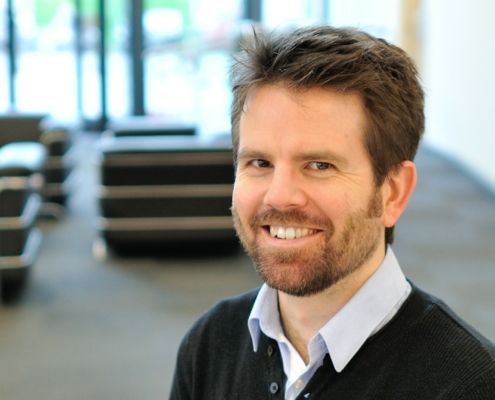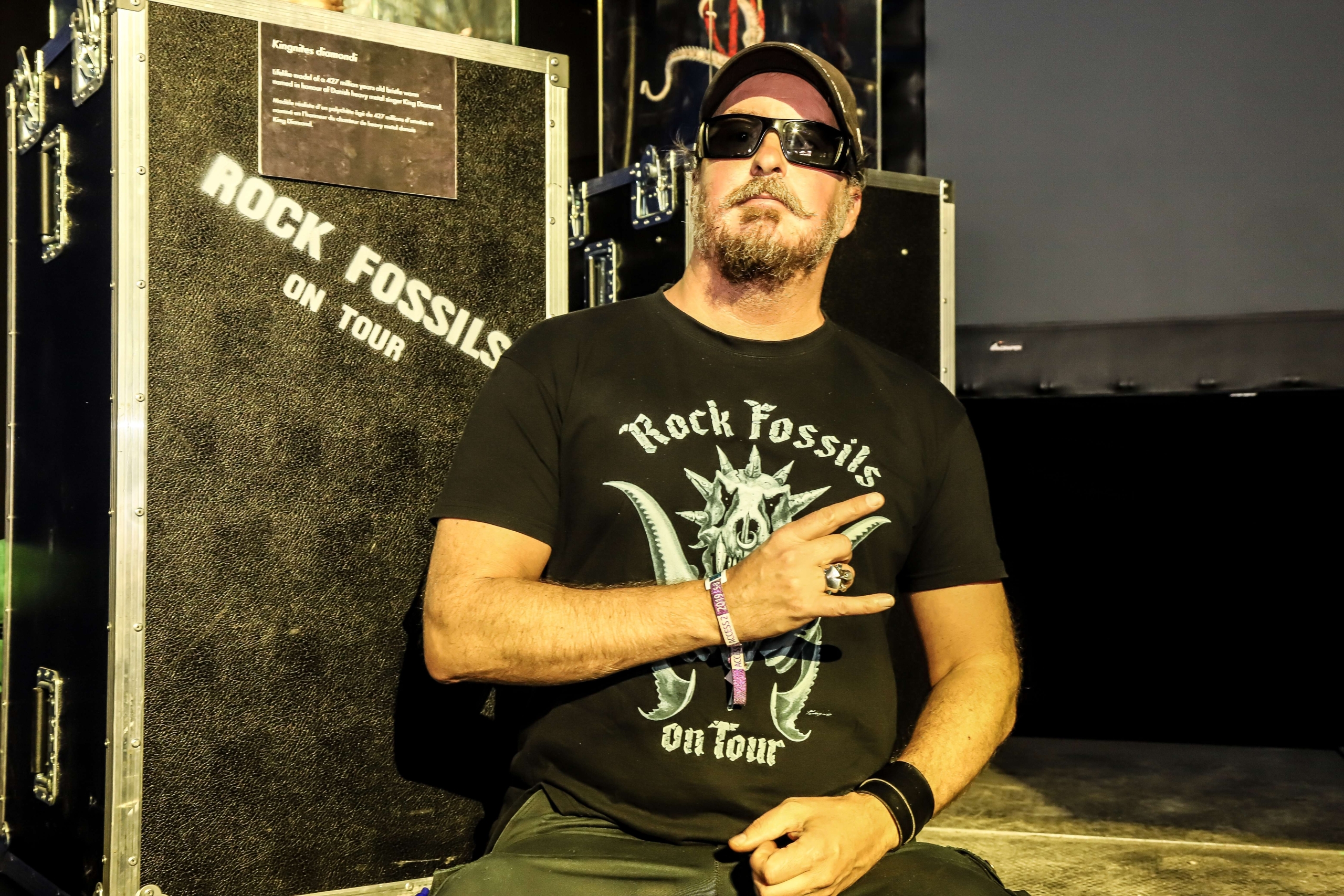Crastina is a platform for the exchange of experience, knowledge and inspiration regarding both scientific peer-to-peer communication and science dissemination
- What? An international network of (mostly young) people who love to communicate science & tech.
- Why? We think science needs to be communicated with more passion and professionalism.
- Where? On our website with interviews & resources + on social media + on Skype and IRL.
- Who? A content group (the Crew), a think tank (the Academy), + lots of friends & contacts.
- When? Right now – as a matter of fact, we’ve just geared up.

Another Way? – Interview with Dr Paul Whaley
When we think about peer review, we usually think of the traditional model of researchers doing a study and then submitting it to a journal where it is then critiqued. But there are other ways already being implemented. We talk to Dr Paul Whaley…

Open access initiatives and transformative agreements: Interview with Colleen Campbell
_____________________________________________________________________________________________________________________________________
The transition from subscription-based to open access publishing of scholarly articles has become a…
 https://commons.wikimedia.org/wiki/File:Bios_robotlab_writing_robot.jpg
https://commons.wikimedia.org/wiki/File:Bios_robotlab_writing_robot.jpgAI and the Future of Scientific Publishing – Dr Joshua Nicholson’s Perspective
Many aspects of the scientific publishing system have not changed despite a wide breadth of technological advances in recent times. Other media industries such as news and entertainment have diversified away from print media, essentially…


















